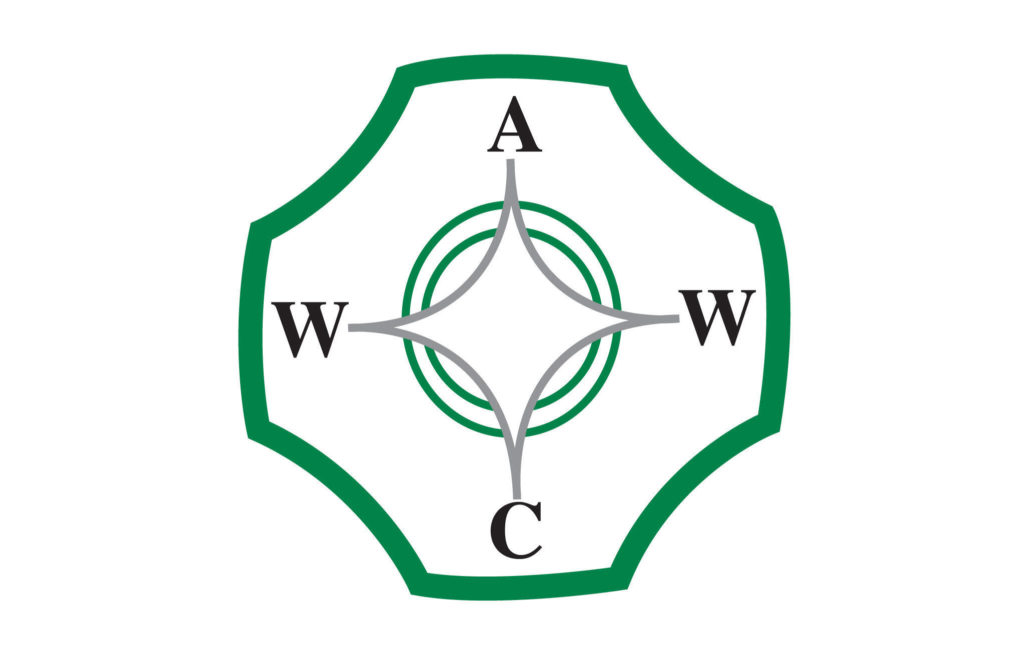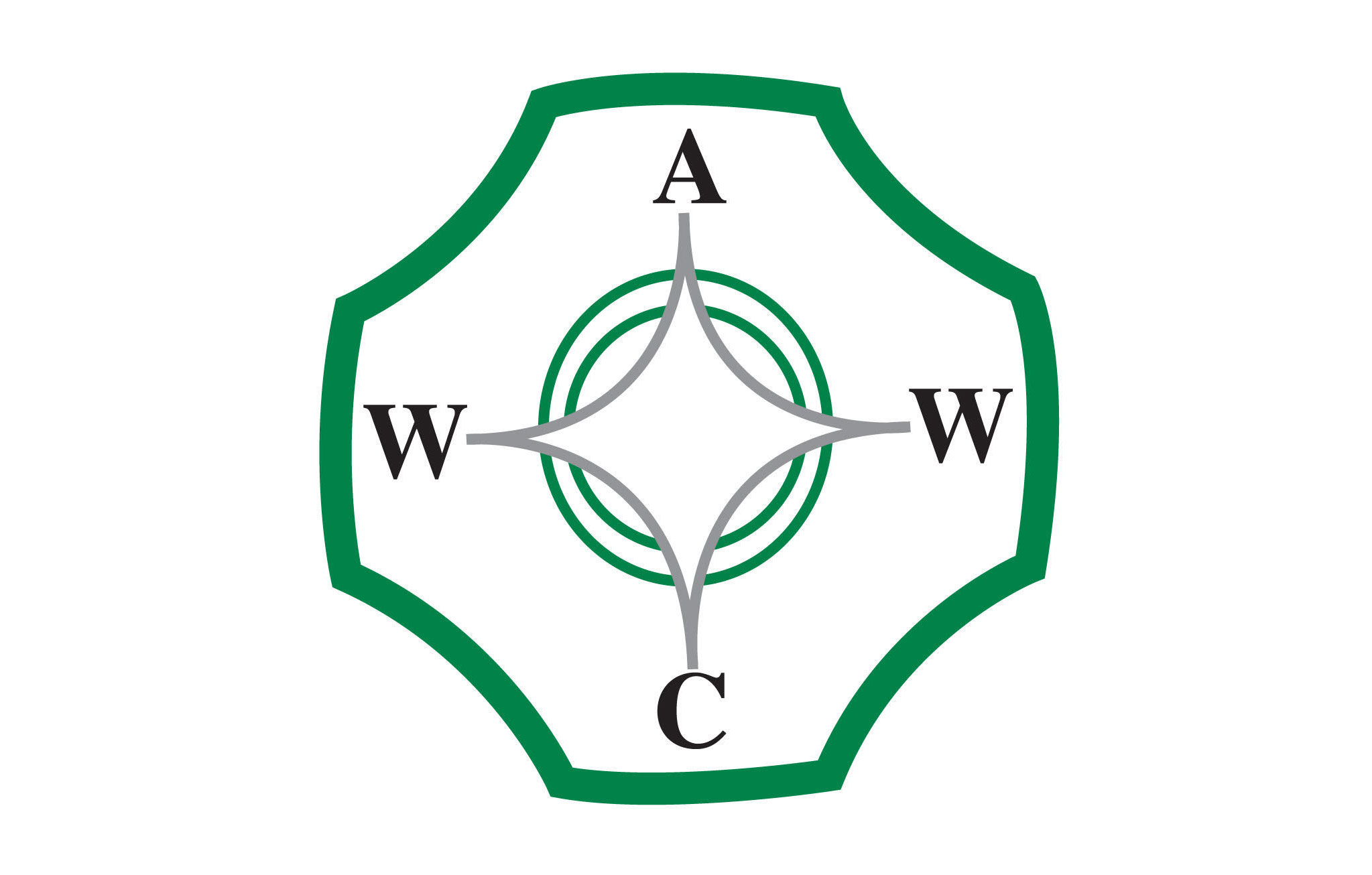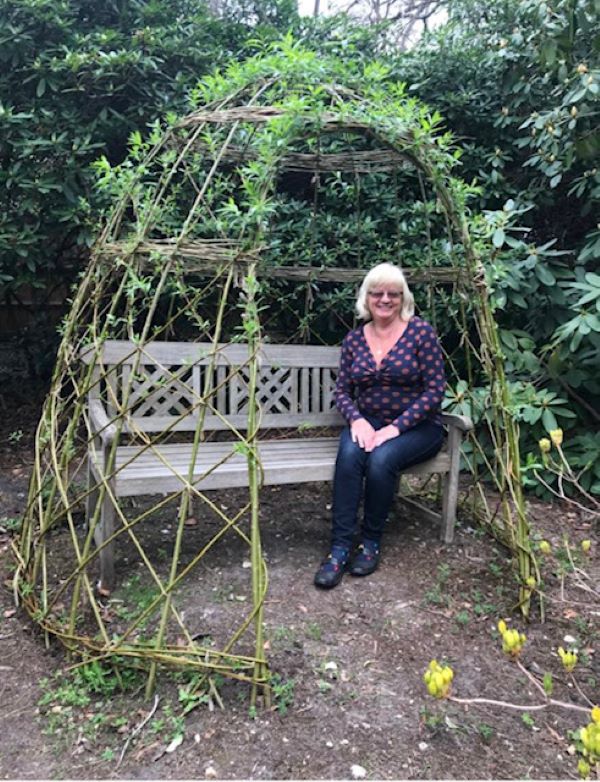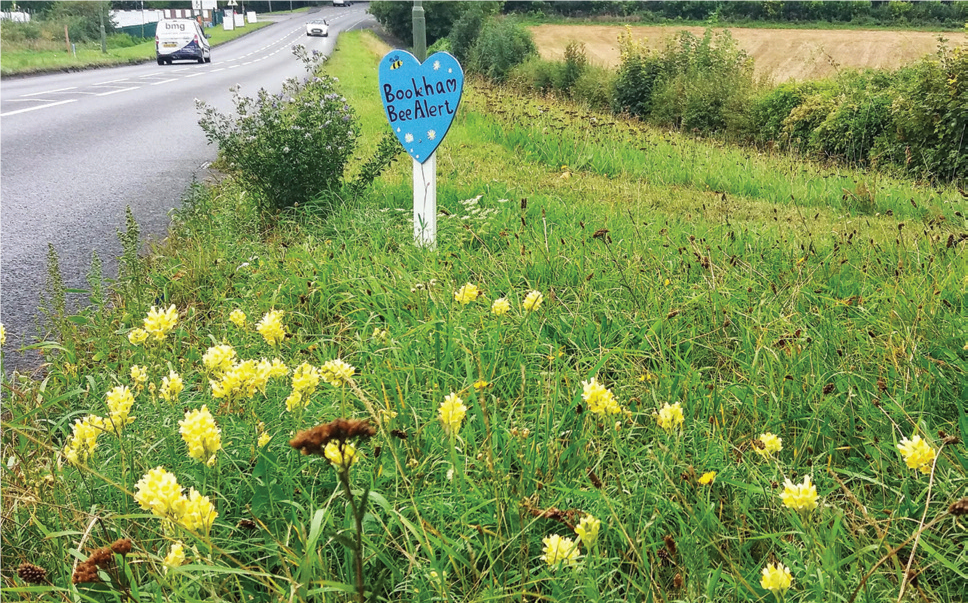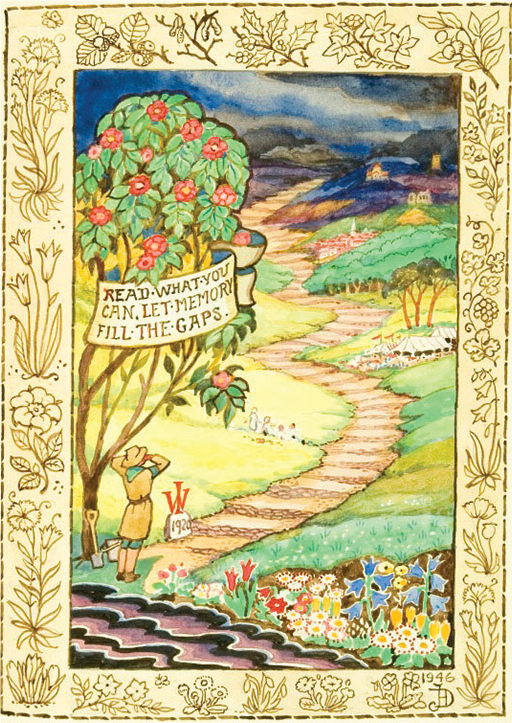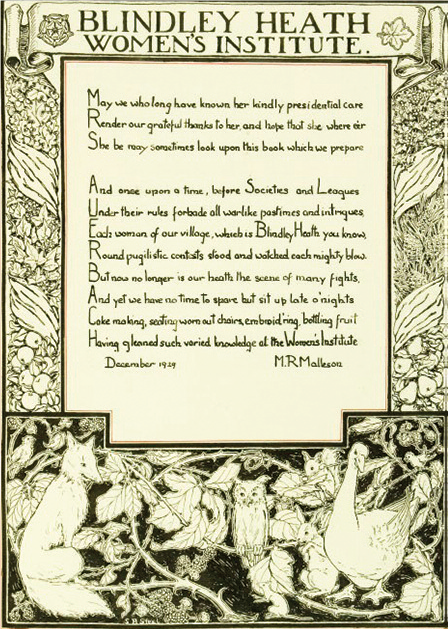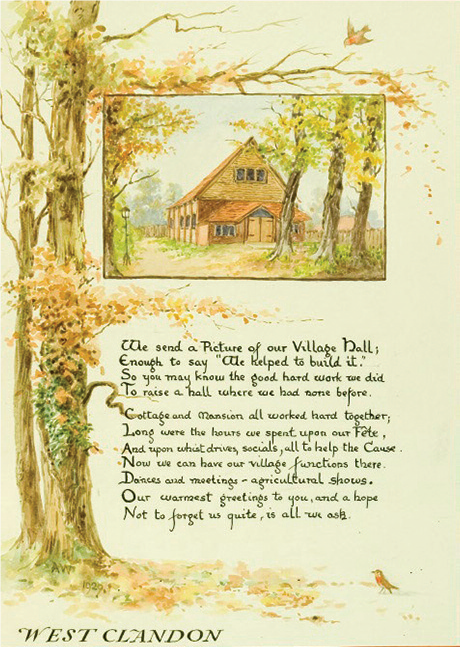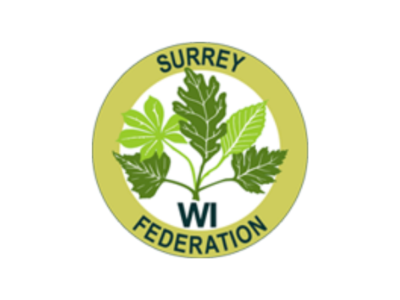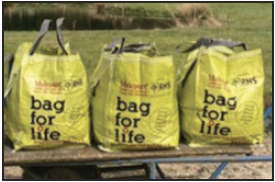

Well done to all committees! We have survived one of the most difficult years in the WI’s history, giving us all much pause for thought, learning new ways of doing things and learning different skills to communicate and encourage our members with friendship via telephone calls, emails, newsletters, Zoom, small appropriate gifts, quizzes, garden groups of six, picnics, walks etc. and much more. We have had to think “outside the box” of our normal format of monthly meetings and activities and take on projects like making scrubs and face masks and helping with food banks.
Annual meetings are on the horizon and new committee members will need to be encouraged to join existing ones, bringing their vision and new ideas. It is a golden opportunity to adjust the long held ways of doing things, sometimes using new technologies as well as the longed for face to face meetings.
Is your President, Secretary or Treasurer wishing to step down in November?
By September we hope you will already be planning as to who would be willing to take over a vacant role. If any of your WI Committee members are thinking of stepping down, now is the time to tell your fellow committee members so that they have time to approach those who are not on the committee to think about standing.
If you are an officer and feel you have been there for ever and would like to stand down, please be definite and give notice as early as possible. Others may feel they wouldn’t be able to ‘fill your shoes’ but sometimes it is necessary to force the issue. Training is available by the Federation and WI Advisers.
Make sure those standing down, particularly Secretaries and Treasurers, take time to hand over to whoever takes their place and discusses what they do throughout the year. It can be very daunting for Secretaries to start from scratch with a big Secretary’s box handed over with no instructions. Remind her also where to find all the information on MYWI about running a WI and the library section on the Surrey Federation website.
Rules
Don’t overload your committee members. It is wise to spread out tasks that need to be done every month among as many WI members as possible so that the committee has time to concentrate on its responsibilities. The committee’s main function is to enable the smooth running of the monthly meetings.
Once we get back to some sort of normal other members can be meeters and greeters, bring supplies for refreshments, run sales and book stalls, organise walks, lunches, coffee mornings, outings, theatre and cinema trips, gardening clubs or whatever grabs your members’ interests so long as they report to the committee throughout the year for the monthly newsletter, Facebook or website pages etc.
It may sound a bit daunting to be known as Trustees of your WI if you are a committee member but this is because of charity rules. Be assured it is the committee as a whole which is responsible for decisions made with the agreement of the general membership.
Being on the committee is a wonderful way for new members to get to know a small group and being able to help with ideas. Generally, as a new member you won’t be asked to take on more than a light job e.g. keeping the register or helping to plan next year’s programme.
If you have been on the committee before and there are vacancies, do volunteer again! Experience is valuable but expect change. It’s much better to be involved rather than just arriving at meetings and expecting others to do everything and becoming rather detached from what is going on in your WI. Of course there are smaller jobs you can volunteer to do to help during the year even if you are not on the committee.
Please ask for help from your friendly WI Advisers; we are here to support you. We receive many requests to attend annual meetings because some WIs are having difficulties in forming committees or finding officers. If you foresee problems ahead please invite one of us to come to a committee meeting or monthly meeting in September or October, face to face or on Zoom, to see if we can help, rather than leave it to the last minute at the actual Annual Meeting.
By the way, at other times of the year WI Advisers love being invited to visit your WIs and meet your members!
back to News

